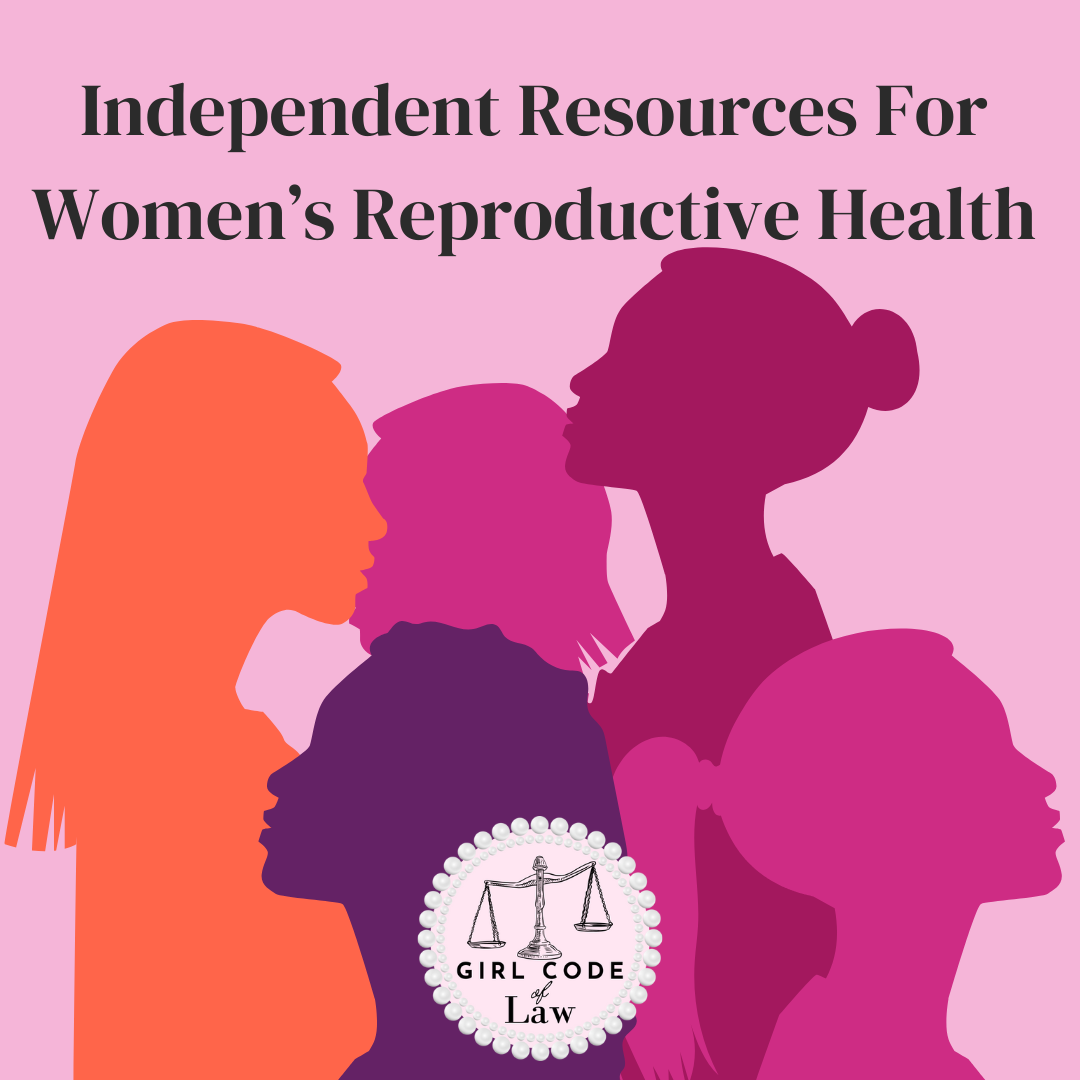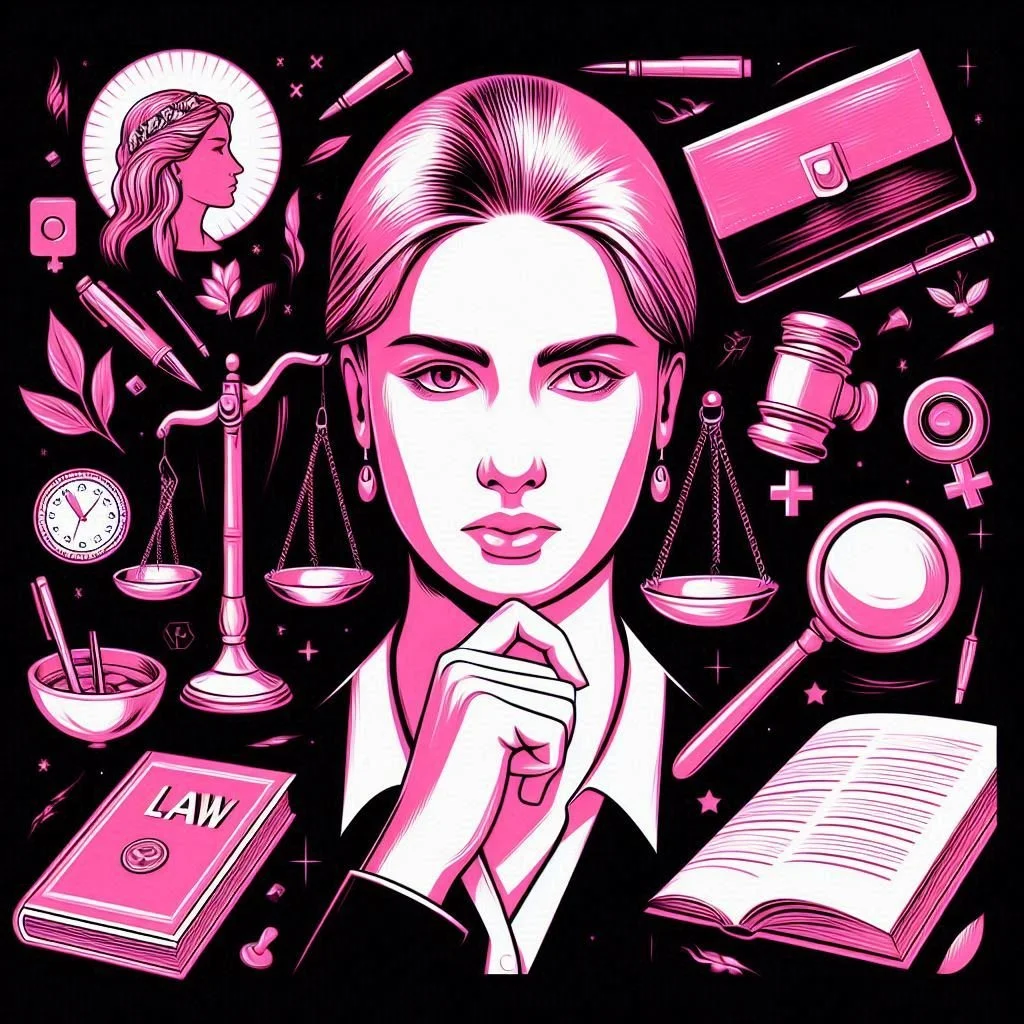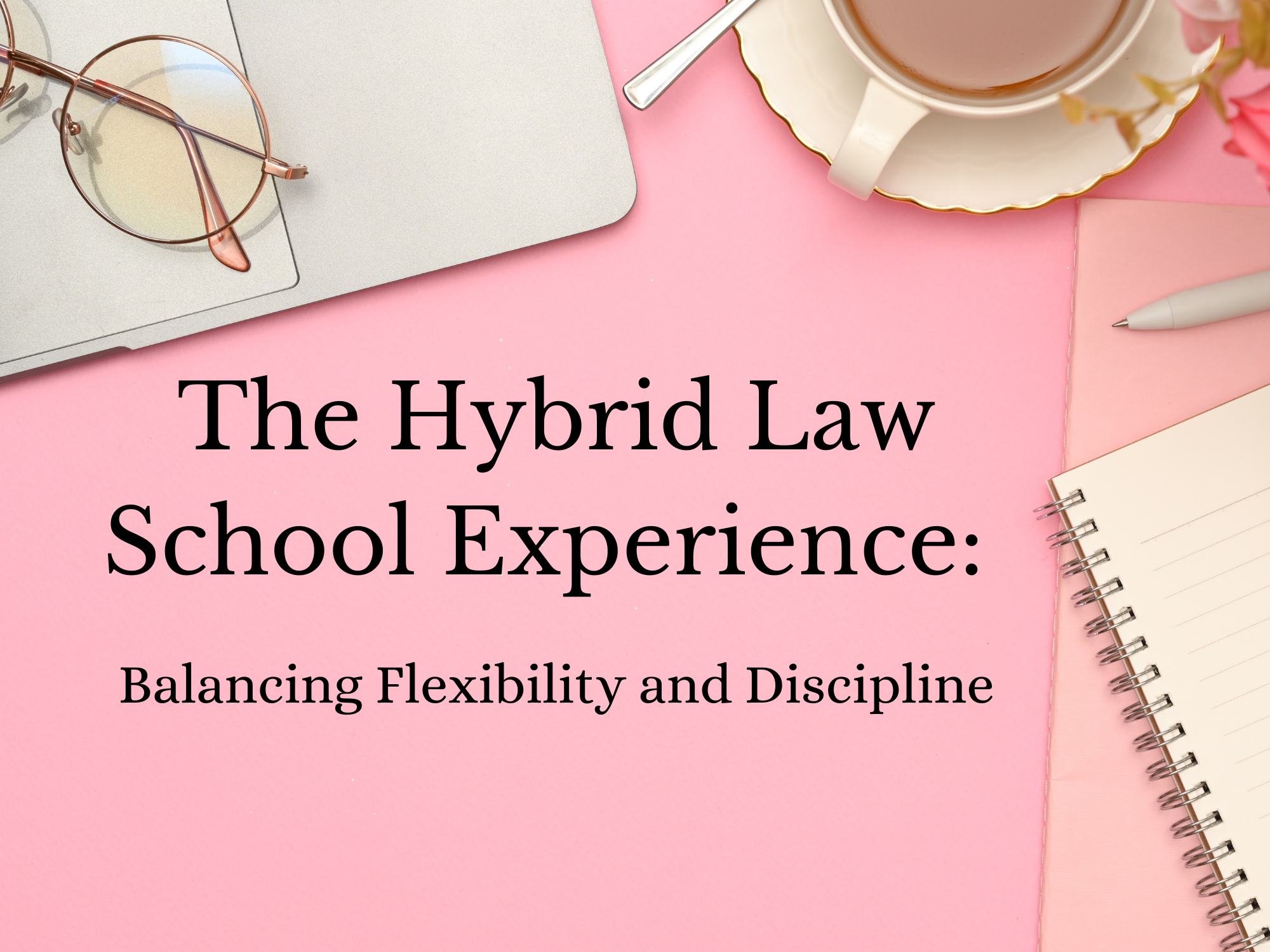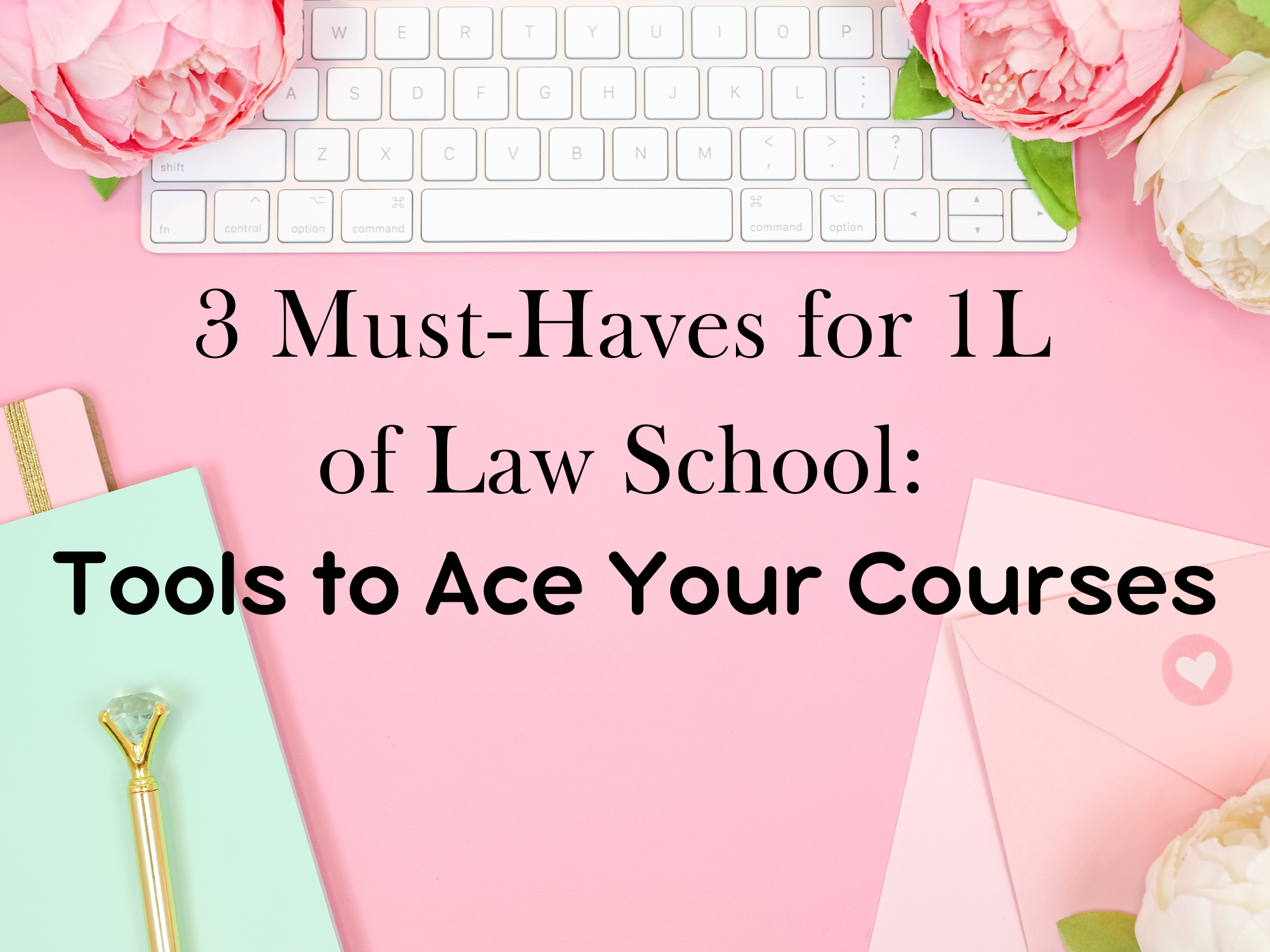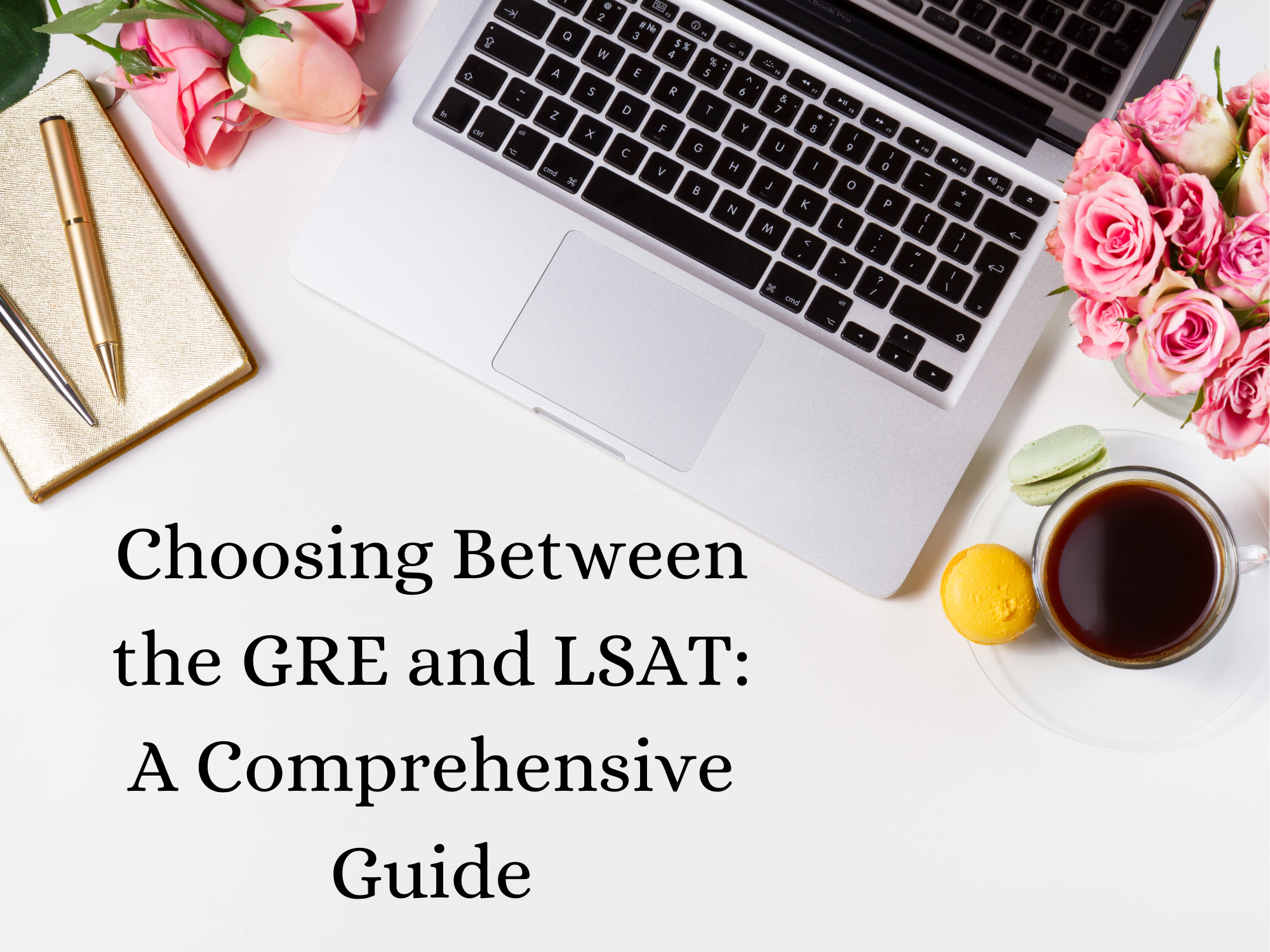The One Where I Visited Google
San Francisco was never high on my list of places to visit prior to law school, but when the opportunity arrived to visit, I was unexpectedly excited. After a quick four-and-a-half-hour flight, we landed in the city by the bay.
As part of the law school immersion, we spent a few days at Google and a few at a litigation firm in downtown San Francisco. So, this post will be part 1: my days at Google.
The Google campus has allure, and I am not immune to it. I have always found the tech sector fascinating, with its varying approaches to the workplace and divergent business models. I woke up at 7 am, ready to make my pilgrimage to the Google campus. I arrived at the “Big G” entrance and immediately felt the intention behind the design of this particular area of the campus. Everything about the Google space has been thought out, and as someone who has been a user of Google products for a long time, it was very on-brand. From the “Big G” entrance and the Google bikes to the “dragon scale” roof, it felt futuristic, as though Google knows what lies ahead (and they probably do).
Everything from the food to the atmosphere felt open and accommodating, a place you would want to spend time. Of course, Google created a space in which their Googlers feel comfortable because they want them to spend time there. Some could say that Google motivates their employees to work more, but most employers would also expect their employees to work more without providing the additional perks that Google does.
When not in class, I saw people deeply engaged in their work, spending time with their families at the Google restaurants (Googlers can bring guests to campus), and even pets being welcomed into the workplace.
After spending multiple days at Google as a guest, I could be biased, but Google was every bit as cool, interesting, and innovative as I hoped.
Women-Owned and Independent Reproductive Health Resources
Access to reliable reproductive health resources is essential for women seeking to make informed decisions about their bodies and well-being. It’s no longer possible to rely on state-sponsored or created information. Because of that, it is vital to highlight women-owned and independent initiatives that focus on reproductive health, advocacy, and education. Below are some of the top independent reproductive health organizations making a difference.
1. Reproductive Freedom for All
Reproductive Freedom for All is a nationwide organization advocating for bodily autonomy and reproductive rights. Their mission is to ensure that every person has the freedom to control their own body and life. They provide updates on reproductive rights legislation, opportunities for advocacy, and community-building efforts.
2. National Black Women's Reproductive Justice Agenda: In Our Own Voice
In Our Own Voice is the first and only national organization dedicated to reproductive justice and policy change for Black women, girls, and gender-expansive individuals. This initiative collaborates with eight Black women-led reproductive justice organizations to amplify voices and advocate for comprehensive reproductive healthcare.
3. Women’s Reproductive Rights Assistance Project (WRRAP)
WRRAP is a nonpartisan, nonprofit organization that provides financial assistance to women who cannot afford safe, legal abortions or emergency contraception. The organization works directly with pre-qualified, reputable reproductive health clinics across the U.S., ensuring access to necessary care without requiring repayment of funds.
4. Women First Digital (WFD)
Women First Digital is an international e-health organization using digital technologies to provide accessible sexual and reproductive health information. Their platforms offer multilingual resources, on-demand abortion counseling, and a referral database of global abortion providers, ensuring that women worldwide can access critical information.
5. SisterSong
SisterSong was founded in 1997 as a collective of 16 women-of-color-led organizations representing African American, Asian American and Pacific Islander, Latinx, and Indigenous women. Their mission is to build a national movement for reproductive justice and advocate for the reproductive and sexual health needs of women of color.
These organizations provide essential reproductive health resources while advocating for women’s rights nationally and internationally. By supporting and utilizing independent, women-led initiatives, we can continue to ensure access to vital reproductive healthcare and education. It’s always important to consult with healthcare professionals for personalized medical advice.
Want More Resources? Stay informed by following these organizations, supporting their initiatives, and sharing their resources with those who need them.
Debunking the Myths: Does Canada Really Owe the U.S. $200 Billion?
You may have heard the claim that Canada owes the U.S. $200 billion, but did you know that the U.S. actually owes Canada more than that through investments in U.S. debt? Let’s dive into the facts, break down the misinformation, and uncover why understanding these economic relationships matters—especially for women who want to stay informed and empowered.
The Truth About Debt Between Canada and the U.S.
The financial relationship between Canada and the United States is a two-way street, built on borrowing, lending, and investing. Here’s what you need to know:
Canada’s Debt to the U.S.:
Canada does owe money to the U.S., but this is just one piece of its total external debt.
External debt refers to the money Canada owes to all foreign lenders, including U.S. banks, investors, and governments.
As of 2024, Canada’s total external debt was approximately 4.3 trillion Canadian dollars (CAD), but this figure is spread across multiple countries, not solely the U.S.
The U.S. Debt Owned by Canada:
Canada is also a creditor to the U.S. government, meaning it lends money by purchasing U.S. Treasury securities.
Canada holds a significant share of U.S. debt, well over $200 billion USD in some estimates, making it one of the U.S.’s important investors.
Where the Misinformation Comes From
The claim that "Canada owes the U.S. $200 billion" often stems from:
Misunderstanding economic data: People conflate Canada’s total external debt with its debt to the U.S. specifically.
Oversimplified narratives: Media or political discussions sometimes frame Canada as overly reliant on the U.S., ignoring the mutual nature of their financial ties.
Lack of clarity on U.S. debt ownership: Many don’t realize Canada’s role as a major holder of U.S. debt, which shifts the dynamic from dependency to partnership.
Why This Matters for Women
As women, we are increasingly stepping into leadership roles—whether in our careers, communities, or at the ballot box. Understanding the truth about international finance can help us:
Make informed decisions: Misinformation about debt can influence opinions on trade, policy, and global partnerships.
Shape conversations: Whether you’re discussing economics at work or over coffee with friends, having the facts empowers you to challenge myths and ask better questions.
Strengthen our voices: Women are key players in shaping the future, and knowledge is a powerful tool for advocacy and action.
The Real Story: A Mutual Relationship
The truth is, Canada and the U.S. share a deeply interconnected financial relationship:
Canada borrows from U.S. creditors but also invests heavily in U.S. debt.
This partnership benefits both nations, fostering economic stability and growth.
Misinformation can spread quickly, but understanding the facts helps us see the bigger picture. Canada doesn’t “owe” the U.S. $200 billion in a one-sided way—both nations depend on each other for financial support and investment.
By staying informed, we can cut through the noise and engage in meaningful discussions about the issues that shape our world. After all, empowered women empower the future!
Understanding Rhetoric: The Power of Words in Politics and Why It Matters
When we think of politics, many of us picture debates, campaign speeches, or glossy ads promising a better future. But underneath the polished presentations lies a powerful tool: rhetoric. It’s not just for scholars or politicians—it’s something we all encounter daily. By understanding rhetoric, we can become more confident, informed voters, particularly as women whose voices shape the future.
What Is Rhetoric?
Rhetoric is the art of persuasion. It’s how people use language to influence, motivate, or inspire others. Politicians use rhetoric to present their ideas in ways that appeal to your emotions, logic, or values. For example:
Emotional appeals (Pathos): “We need to act now to protect our children’s future.”
Logical appeals (Logos): “Studies show that this policy will reduce crime by 25%.”
Credibility appeals (Ethos): “As a veteran, I understand the sacrifices required to serve.”
While rhetoric can highlight important issues, it can also be misleading. That’s why learning to recognize it is so empowering.
Why Does Rhetoric Matter?
Decipher Politicians’ True Intentions Politicians often package their policies in ways designed to win your approval. They might use buzzwords like "freedom," "security," or "opportunity" without explaining how they’ll deliver on their promises. By recognizing rhetoric, you can separate flashy words from substantive plans.
Protect Yourself from Manipulation Emotional appeals are powerful, but they can distract you from the details. For instance, a politician might use a moving story to support a proposal, but if the policy doesn’t make financial or practical sense, the emotional appeal becomes a smokescreen.
Empower Your Voice Understanding rhetoric equips you to participate in conversations about politics with confidence. Whether you’re discussing candidates with friends or advocating for a cause, knowing how arguments are built makes you a stronger communicator.
How to Think Critically About Political Rhetoric
Here are some strategies to cut through the noise and analyze what politicians are really saying:
Ask for Specifics: If a candidate promises "economic growth," what’s their plan? Are they addressing systemic barriers like the gender pay gap or childcare affordability? Specifics reveal priorities.
Identify Emotional Appeals: Pay attention to when a politician uses fear, hope, or anger to make a point. Ask yourself: Are they offering facts, or are they trying to sway you emotionally without evidence?
Follow the Money: Campaign funding often reveals who stands to benefit from a candidate’s policies. Are they prioritizing big corporations, or are they addressing issues that affect everyday women?
Research Their Record: Look beyond campaign promises. Has the candidate followed through on similar commitments in the past?
Engage in Conversations: Discussing politics with others helps refine your understanding and exposes you to different perspectives. Confidence comes from practice, so don’t shy away from these talks.
Why Women’s Voices Matter in Politics
As women, our experiences shape unique perspectives on healthcare, education, workplace equity, and safety. Politicians often craft rhetoric aimed directly at women voters, knowing we’re a critical demographic. By recognizing rhetorical strategies, we can demand better answers, ensure our concerns are addressed, and make informed choices that reflect our values.
From Words to Action
Rhetoric is everywhere, from campaign ads to social media posts. By learning to analyze it critically, we can transform from passive listeners to active participants in the democratic process. Our voices matter, and when we think critically, we empower not only ourselves but the communities and families we care about.
So the next time a politician makes a big promise or delivers a stirring speech, take a moment to look deeper. Your ability to see through rhetoric might just be the key to shaping a brighter, more equitable future.
How To Study in Law School: Course Load 12 Credits or Less
Master the art of studying in law school with these proven strategies for a lighter course load of 12 credits or less. Discover effective tips for daily study routines, creating comprehensive outlines, and excelling in open-book exams. Learn how to organize your notes, use digital tools like GoodNotes, and build a strong foundation for finals and the bar exam. Study smarter, not harder, and achieve success in law school!
Succeeding in law school requires a strategic approach to studying, especially if you are balancing a lighter course load of 12 credits or less. A major aspect of excelling in law school is understanding how to prepare for different types of exams. Based on my experience, law school exams generally fall into two categories:
Open-book, take-home, or outline-permitted exams
Closed-book, closed-note exams
This guide focuses on strategies for the first category, which tends to be more common.
Daily Study Routine
Consistency is key when studying for law school. Aim to study for 3-4 hours a day, broken into 1.5-2 hour sections to maximize focus and retention. Here’s a breakdown of how to structure your study sessions:
Step 1: Reading and Highlighting
Spend a significant portion of your study time reading the assigned materials and highlighting key points. This active engagement helps you internalize the material and identify the main takeaways.
Step 2: Active Recall
After completing a section of reading, write down what you can recall from that specific portion. Writing helps reinforce memory and deepens your understanding.
For digital tools, I recommend using the GoodNotes app on an iPad, which is excellent for organizing handwritten notes while maintaining portability.
Lectures: A Foundation for Your Notes
During lectures, taking notes on your computer is ideal because it allows for faster typing and real-time organization. Here are some best practices:
Outline as You Go: Start creating your outlines during lectures by organizing topics and subtopics in real-time.
Consolidate Notes: Closer to exams, combine your handwritten study notes with your lecture notes to form a comprehensive outline.
Building and Refining Your Outlines
Outlines are essential study tools in law school. Here’s a step-by-step process to create effective outlines:
Compile Notes: Merge your handwritten notes, lecture notes, and highlighted readings into a single document. Your initial outline may range from 30-50 pages.
Condense Your Outline: Simplify your comprehensive outline to focus on the most critical information. Aim for 10 pages or less to make it manageable for review.
Cross-Reference: Use a commercial outline as a reference to ensure you haven’t missed any crucial areas. Incorporate any missing elements into your personal outline.
The Value of Creating Your Own Outlines
While commercial outlines can be helpful supplements, the real value lies in creating your own outlines and taking your own notes throughout the semester. This process helps you:
Deepen your understanding of the material
Prepare thoroughly for finals
Build a foundation for bar exam preparation
Your final, condensed outline becomes a powerful tool that summarizes and highlights the key elements of the subject matter, ensuring you are ready for both exams and practical applications.
By following this structured approach to studying, you can stay organized, retain information effectively, and approach your exams with confidence. Success in law school isn’t just about working harder—it’s about working smarter!
Defeating Imposter Syndrome in Law School and Beyond: How I’m Taking the Leap
Starting anything new can feel overwhelming, especially in law school. Recently, I confided in a friend that I wanted to document my law school journey online and start discussing legal topics on platforms like YouTube. Her response caught me off guard in the best way.
When I nervously admitted, “I’m not sure I know enough,” she shared a story that left a lasting impression on me. She told me about meeting the general counsel for Apple (yes, that Apple), who confessed she still struggles with imposter syndrome—even with her incredible accomplishments and access to some of the brightest minds in the world.
I couldn’t help but ask, “Wait…you mean this never goes away?” We laughed, but her response was profound: “If the general counsel for Apple has imposter syndrome, you can do it with imposter syndrome too.”
And she was absolutely right.
The Key to Overcoming Imposter Syndrome
The truth is, imposter syndrome doesn’t always disappear—it’s about learning to live with it and push forward anyway. The key to defeating imposter syndrome is simple yet powerful: do it anyway.
Whether you feel underqualified, nervous, or not ready, the secret lies in taking action despite those feelings. Even more importantly, it’s about showing up consistently, regardless of the nerves, and proving to yourself that you can achieve your goals.
When I started performing live as part of my entertainment background, I was terrified. I had to face a hard truth: I either needed to get past the nerves or quit altogether. Sabotaging my performances out of fear wasn’t serving anyone—especially not myself.
So, I committed to pushing through. And guess what? My performances improved.
Looking back, I now recognize that what I faced wasn’t just stage fright; it was imposter syndrome in another form. And just like I overcame it then, I’m determined to overcome it now.
Introducing Girl Code of Law
This journey of confronting imposter syndrome has inspired me to create something bigger—Girl Code of Law. This blog is more than just a resource; it’s a chronicle of my experiences in law school and my exploration of legal topics. But above all, I hope it becomes a place of inspiration for others, especially women navigating the legal world.
Imposter syndrome might always be a part of the journey, but it doesn’t have to define it. Whether you're starting law school, beginning a legal career, or pursuing any new challenge, the most important step is to take the leap—even when it feels scary.
So, here’s to showing up, breaking barriers, and embracing the journey together. Welcome to Girl Code of Law. Let’s inspire each other to keep going, no matter what.
Are you facing imposter syndrome in your law school or legal career? Share your story in the comments below or connect with me on social media. Let’s build a community of support and encouragement!
Women Who Inspire: RBG
Ruth Bader Ginsburg, affectionately known as RBG, was a pioneer who embodied confidence and resilience. Her life and career are examples of how women can rise above societal barriers with persistence and determination.
Ruth Bader Ginsburg, affectionately known as RBG, was a pioneer who embodied confidence and resilience. Her life and career are examples of how women can rise above societal barriers with persistence and determination.
In an era when women were vastly underrepresented in law, Ginsburg faced discrimination and bias. Despite graduating at the top of her class from Columbia Law School, she struggled to find employment. Undeterred, she built an impressive career, championing gender equality and civil rights, eventually becoming the second woman to serve on the U.S. Supreme Court.
RBG displayed confidence by remaining steadfast in her beliefs, even in the face of opposition. She dissented loudly when necessary, influencing the future of American law. Her ability to combine fierce intellect with quiet confidence, while advocating for women and marginalized groups, inspired generations of women to break down barriers in their own careers.
Beyond her legal achievements, Ginsburg exemplified resilience in her personal life. She overcame numerous health challenges and kept working through them with an unshakable sense of duty. Her courage and determination demonstrated that confidence isn’t about having no struggles, but about how one faces them.
Ginsburg's legacy continues to empower women, showing that confidence stems from knowledge, purpose, and a commitment to justice. She taught women everywhere that, with the right mindset, they can challenge societal norms, fight for equality, and leave a lasting impact on the world.
Advantages of Digital Textbooks Over Physical Books
Having spent over five years in higher education, I’ve had my fair share of textbooks. When I began law school, I made the decision to use only digital textbooks (eBooks). The thought of carrying heavy books around campus and paying hefty shipping fees to get them from Chegg, Amazon, or Aspen was exhausting. By August 2023, I fully committed to eBooks, and it made studying on the go so much easier. I could effortlessly reference information and keep track of highlights without needing to tab pages. However, when the spring semester arrived, I couldn’t get all the books I needed in digital format, so I had to revert to hardbacks. Now, three semesters in, I’m ready to explain why I strongly prefer eBooks.
Advantages of Digital Textbooks Over Physical Books
Having spent over five years in higher education, I’ve had my fair share of textbooks. When I began law school, I made the decision to use only digital textbooks (eBooks). The thought of carrying heavy books around campus and paying hefty shipping fees to get them from Chegg, Amazon, or Aspen was exhausting. By August 2023, I fully committed to eBooks, and it made studying on the go so much easier. I could effortlessly reference information and keep track of highlights without needing to tab pages. However, when the spring semester arrived, I couldn’t get all the books I needed in digital format, so I had to revert to hardbacks. Now, three semesters in, I’m ready to explain why I strongly prefer eBooks.
1. Portability
With a Kindle, iPad, or e-reader, I can study virtually anywhere. Whether I’m traveling, commuting, or just heading to a study session, having multiple books at my fingertips is a game changer. Digital textbooks provide unmatched accessibility, especially for students who are constantly on the move or need to carry multiple textbooks.
2. Convenience
Digital textbooks are perfect for reading and highlighting in any setting—be it a car, plane, coffee shop, or office. The compact size of an e-reader means it easily fits into a purse, taking up minimal space and making it easier to study on the go. There’s no need to carry highlighters or tabs; everything is built into the device.
3. Searchability
One of the standout features of digital textbooks is their search function. This tool allows students to quickly find information, making study sessions more efficient. While I still take notes during readings and lectures, having digitized notes combined with digitized textbooks offers unparalleled searchability, streamlining both study and review.
4. Cost-Effectiveness
Digital textbooks are often significantly cheaper than their physical counterparts. In law school, I’ve saved over $100 on some books, not to mention the elimination of shipping fees. With digital books, you receive instant access to the material without waiting for delivery, making it a smart financial choice for any student.
Legal Issues Creatives Should Know
Creatives, such as artists, writers, musicians, and designers, often face a range of legal issues, many of which relate to the protection and use of their intellectual property (IP). Here are some common legal issues they encounter:
1. Copyright Infringement
Issue: Unauthorized use of a creator's work by others.
Challenge: Enforcing copyright can be difficult, especially in the digital age where work can be easily shared and reproduced without permission.
2. Trademark Issues
Issue: Protecting brand names, logos, and other identifiers.
Challenge: Creatives may need to defend their trademarks against infringement or navigate the process of registering and maintaining trademarks.
3. Contracts and Licensing
Issue: Agreements for the use, distribution, or collaboration on creative works.
Challenge: Creatives must ensure that contracts clearly outline terms, rights, compensation, and obligations to avoid disputes later on.
4. Right of Publicity
Issue: Using a person’s likeness, image, or name for commercial purposes.
Challenge: Creatives must avoid infringing on the rights of others and protect their own likeness from unauthorized use.
5. Work for Hire vs. Independent Contractor
Issue: Determining who owns the rights to a work created by a freelancer or an employee.
Challenge: Creatives need to understand the implications of "work for hire" agreements and ensure that ownership and usage rights are clearly defined.
6. Moral Rights
Issue: The right to attribution and the integrity of a work.
Challenge: In some jurisdictions, creators have the right to control how their work is used, even after it has been sold or licensed.
7. Defamation and Libel
Issue: Creatives, especially writers and journalists, must be careful not to publish false statements that could harm someone's reputation.
Challenge: Avoiding defamation claims requires thorough fact-checking and legal review, especially when dealing with sensitive topics.
8. Plagiarism
Issue: Using someone else’s work or ideas without proper attribution.
Challenge: Creatives must ensure their work is original or properly credits sources to avoid plagiarism accusations.
9. Fair Use
Issue: The use of copyrighted material without permission under certain conditions, such as for commentary, criticism, or education.
Challenge: Determining whether a use qualifies as fair use can be legally complex and often involves a case-by-case analysis.
10. Digital Rights Management (DRM)
Issue: Protecting digital works from unauthorized use or copying.
Challenge: Balancing the need for protection with user rights and the potential for alienating customers or fans.
These issues underscore the importance of legal literacy for creatives, as well as the need for professional legal advice to navigate these challenges effectively.
Prioritizing Your Peace During Law School Finals: 4 Essential Tips
Law school can be overwhelming, especially as finals approach. The pressure to perform well is immense, and maintaining your mental health often becomes a secondary concern. But prioritizing your peace and well-being is crucial for achieving academic success.
Law school can be overwhelming, especially as finals approach. The pressure to perform well is immense, and maintaining your mental health often becomes a secondary concern. However, prioritizing your peace and well-being is crucial for achieving academic success.
In one of my final classes before exams, a professor emphasized the importance of self-care, pausing on a slide that simply said "Self-Care." This brief moment resonated with me, especially when she mentioned "avoiding toxic people." It was a reminder that self-care isn't just about bubble baths and meditation—sometimes, it's about protecting yourself from negative influences.
Here are four effective strategies I used to protect my peace and manage stress during law school finals:
1. Activate "Do Not Disturb" Mode
The "Do Not Disturb" feature on your devices can be a game-changer during finals. Customize it to allow only essential calls or messages, ensuring you're not constantly interrupted by notifications. This simple setting can help you stay focused and minimize distractions, allowing you to concentrate on your studies without unnecessary disruptions.
2. Eat for Success
Your diet plays a significant role in your ability to focus and retain information. During finals, I made a conscious effort to eat foods that supported my body and brain. Think of it as fueling your mind—what you eat can directly impact your energy levels, concentration, and overall performance.
3. Reward Yourself
Creating a reward system for your study sessions can be a powerful motivator. Whether it's a small treat, a short break, or something you enjoy, having something to look forward to can help you stay on track. This approach provided me with short-term motivation, making the daunting task of studying a bit more manageable.
4. Keep the Blinders On
During finals, it's essential to stay focused on what truly matters. I made a conscious decision to avoid unnecessary distractions and stressful conversations. By limiting my exposure to anything that could throw me off balance—whether it's toxic people, social media, or irrelevant topics—I was able to maintain my focus and protect my emotional well-being.
Prioritizing your peace during law school isn't just about self-care; it's about making intentional decisions to protect your mental health. By implementing these strategies, I was able to manage stress, stay focused, and ultimately perform better during finals. Remember, taking care of yourself is just as important as acing that exam.
What I Wish I Knew Starting Law School
I, like most women my age growing up in the United States, grew up in a time when women weren’t openly discriminated against, but there were undertones of micro-aggression. We’ve come such a long way but we have further to go. Rather than lament about a situation, I prefer to do something about it. Which is how we ended up here. So here are four things after one year of law school that I wish I had known starting out.
Completing my first year (or 1L) of law school has been a transformative experience, leading me to reflect deeply on my reasons for pursuing a legal career. Why did I leave behind a successful career as a songwriter and performer to step into the demanding world of law? The answer is simple: I wanted to prove a point.
As a woman, I've often felt confined by societal expectations. While overt discrimination may have lessened over the years, subtle microaggressions still persist. Like many women my age who grew up in the United States, I've felt the undercurrents of these attitudes. Instead of merely lamenting these challenges, I chose to take action—and that's how I found myself in law school.
Here are four key lessons I’ve learned after one year of law school that I wish I had known before starting:
1. Law School Will Test Your Self-Confidence, Not Just Your Knowledge
Law school is more challenging than you might anticipate, not just because of the workload but because of the self-doubt you'll experience. The good news? You can do it! Those moments of crying in your car on the way to class will eventually fade as you realize you’re capable of handling the rigorous assignments and intense academic pressure.
2. Grades Aren’t Everything—Balance is Key
I entered law school without an obsession with grades, and that mindset has been a lifesaver. While achieving A's in every class would be fantastic, maintaining a healthy balance between school and life is far more important. Stressing over grades won’t make you a better lawyer, but managing your stress will help you succeed in the long run.
3. You’ll Want to Quit, But You’ll Be Glad You Didn’t
Throughout law school, you’ll face moments of doubt where quitting seems like the easiest option. You’ll feel overwhelmed, anxious, tired, and frustrated. But every time you push through and complete a challenging class, you’ll feel a tremendous sense of accomplishment. Legal writing may confuse you at first, and civil procedure might seem like an endless maze of terms and rules. But with perseverance, you’ll find your footing and discover how capable you truly are.
4. Law School Will Reveal a New Side of You
This journey will uncover aspects of your personality you never knew existed. You’ll develop a steadfast determination, learn to be more flexible, and gain a deeper respect for yourself. The experience will make you more humble and more confident simultaneously.
The first year of law school has been tough, but it has also been incredibly rewarding. For anyone considering this path, know that while it may test you in unexpected ways, the growth you’ll experience is worth every challenge.
What is a Hybrid Law School Program?
As a student in a hybrid law school program, I’ve discovered a unique blend of online coursework and in-person classes that offers unparalleled flexibility and demands a high level of discipline. While each program varies, they typically share the common feature of being full-time, with three semesters a year and short breaks in between, making it an intense but rewarding journey.
As a student in a hybrid law school program, I’ve discovered a unique blend of online coursework and in-person classes that offers unparalleled flexibility and demands a high level of discipline. While each program varies, they typically share the common feature of being full-time, with typically three semesters a year and short breaks in between, making it an intense but rewarding journey.
What Are Classes Like?
Classes in a hybrid law program are a mix of synchronous and asynchronous learning. This means that sometimes I have live classes, either online or in-person, where attendance is mandatory. On the other hand, asynchronous classes are self-paced, with a set start and end date and specific deadlines for assignments. This structure allows me to manage my own time, completing work according to my personal schedule.
Benefits of a Hybrid Program
The primary benefit of a hybrid law program is the ability to study whenever and wherever I can. Whether I’m a night owl who prefers working late into the night or someone whose work schedule only permits studying during the day or on weekends, the program accommodates my needs. It’s designed for those juggling work, family, and other responsibilities, making it possible to complete the significant workload on my own terms.
Challenges to Consider
However, the hybrid law school experience is not without its challenges. At times, it can feel overwhelming and as though I am teaching myself, despite having access to faculty and resources. Law school involves a lot of reading, understanding complex information, and applying that knowledge. Initially, some doctrinal courses can be confusing, but with persistence and trust in the process, everything begins to make sense, usually around the halfway point of the course.
Overall Reflection
A hybrid law program isn’t for everyone; it comes with unique requirements and demands. Yet, the experience is incredibly rewarding. I know that when I look back on this time, I will cherish the fun moments, the friendships I’ve made, and the sense of accomplishment from achieving my goals.
In summary, if you have the discipline and desire for a flexible learning schedule, a hybrid law school program can be an excellent path. It offers the best of both worlds – the freedom to study on your terms and the structure needed to succeed in a demanding field.
Three Must-Haves for 1L of Law School: Tools to Ace Your Courses
Three Must-Haves for 1L of Law School: Tools to Ace Your Courses
Starting law school can be overwhelming, but with the right tools, it becomes much more manageable. Here are three indispensable resources that have made a significant difference in my journey through 1L:
Starting law school can be overwhelming, but it becomes much more manageable with the right tools. Here are three indispensable resources that have made a significant difference in my journey through 1L:
1. Quimbee: Your Ultimate Case Brief Companion
Quimbee is a game-changer for law students, offering concise and easy-to-understand case briefs that simplify complex legal concepts. In the whirlwind of new information law school brings, Quimbee lightens the load by accelerating study sessions and ensuring you grasp the crucial points from each case. Their study tools are invaluable for streamlining your learning process and preparing effectively for classes and exams.
2. WestLaw Audio Series: Enhancing Understanding Through Listening
The WestLaw audio series, particularly the Arthur Miller lectures, proved indispensable during my studies, especially in navigating challenging subjects like civil procedure. These lectures provide a holistic view of the course material, helping to connect the dots and see the "big picture" that is crucial for comprehensive understanding. Whether preparing for finals or enhancing daily study routines, these audio resources are a must-have for any law student looking to deepen their grasp of legal principles.
3. GoodNotes: Digital Note-Taking Perfected
GoodNotes revolutionizes note-taking in law school by combining the benefits of handwritten notes with the efficiency of digital organization. Starting with my iPad, GoodNotes allowed me to take detailed, searchable notes that are crucial for retaining information and creating effective study aids. Its ability to convert handwritten notes to text has been particularly useful, ensuring my notes are comprehensive and easily transformable into structured outlines and study guides.
Setting Yourself Up for Success
Preparing for law school courses from day one sets the foundation for success. By integrating these three essential tools—Quimbee for streamlined case briefs, WestLaw audio series for comprehensive understanding, and GoodNotes for efficient note-taking and organization—you can navigate 1L with confidence and clarity. These resources have proven invaluable to me, simplifying study sessions and making finals preparation less daunting.
Whether you're just starting your law school journey or looking to optimize your study routine, incorporating these tools will undoubtedly enhance your learning experience and academic performance. Equip yourself with the best resources available and watch your confidence grow as you conquer your first year of law school.
Choosing Between the GRE and LSAT: A Comprehensive Guide
Choosing Between the GRE and LSAT: A Comprehensive Guide
The answer is a legal coded as you would expect: it depends.
In higher education, particularly for those considering law school or graduate programs, deciding between the GRE (Graduate Record Examination) and the LSAT (Law School Admission Test) can be crucial. Each test has its own merits and is suited to different career and educational paths. Here, we break down the benefits of each and considerations for choosing one over the other.
Benefits of the GRE
Versatility: One of the primary advantages of the GRE is its flexibility. While it is accepted by several law schools, it is also the standard entrance exam for a wide range of graduate programs across various disciplines. If you're uncertain about pursuing law school but certain about furthering your education, the GRE opens up more possibilities.
Score Conversion: Interestingly, GRE scores can be loosely converted to LSAT scores. This feature can be advantageous if you're undecided about your future plans and want a score that can be translated across different admissions requirements.
Benefits of the LSAT
Specialization for Law School: If your career path is firmly set on law school, the LSAT is tailored specifically for this purpose. Law schools predominantly require the LSAT as part of their admissions criteria, and it is designed to assess skills essential for legal education and practice.
Writing Showcase: For those strong in written communication, the LSAT includes a written portion that allows applicants to demonstrate their analytical and argumentative writing abilities—a crucial skill set for legal professionals.
Timing and Accessibility
Timing: The LSAT is available year-round but not as frequently as the GRE, which offers more testing opportunities throughout the year.
Online Option: Both the GRE and LSAT now offer online testing options, making them more accessible than ever. However, the GRE's year-round availability gives it a slight edge in accessibility compared to the LSAT.
Personal Preference
Choosing between the GRE and LSAT often comes down to personal preference and career aspirations. For those seeking flexibility and broader educational options beyond law school, the GRE may be the preferred choice. Conversely, if your goal is strictly focused on entering law school and showcasing legal reasoning skills, the LSAT is likely the better fit.
Ultimately, both tests serve important roles depending on your career trajectory. Understanding their respective strengths and aligning them with your goals can guide you towards making an informed decision.
In my experience, the GRE was preferable due to its broader utility across different graduate programs, offering more options once completed, whereas the LSAT is specifically tailored for law school admissions.




